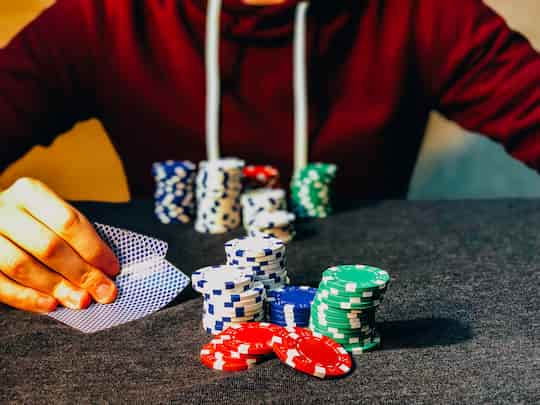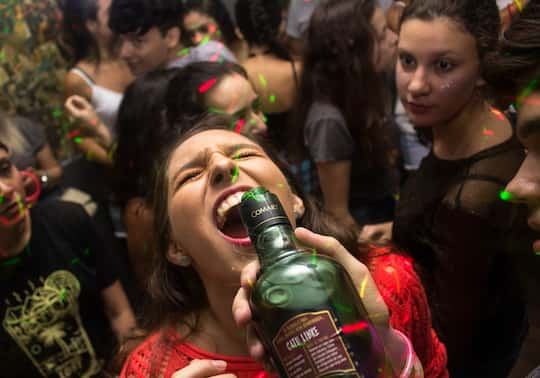Discover the powerful role played by cognitions, motivation, the emotions, and biology in trying to beat addiction.
There is little doubt that addiction is very difficult to treat in the long-term.
While people sometimes make progress initially, they frequently relapse.
The reason seems to be a complex interaction between biology, upbringing and genetics: in other words, the same as many other mental health issues.
However, treatments can be moderately successful and some of the key insights are contained in the latest studies on addiction below.
These 8 studies are from the members-only section of PsyBlog: if you are not already, find out how to become a PsyBlog member here.
1.
These Are The Best Psychological Treatments For Addiction
Motivation is key to even a moderate short-term change — but this can still be beneficial to some people.
2.
Why Addicts Find It So Hard To Quit
The addict’s failure to form an accurate mental model of their behaviour is partly why they find it so hard to quit.
3.
This Emotion Fights Addictive Behaviours
The emotion protected people from problem gambling.
4.
The 5 Stages Of Internet Addiction: How To Spot The Signs
Around 40 percent of people in the study were either self-confessed addicts or addicts-in-denial.
5.
The Best Mindset To Beat Addiction
Understanding the reasons for addiction can help empower people.
6.
The Biological Cause Of Addiction
More Americans now die of opioid overdoses than in car accidents.
7.
How To Reduce Binge Drinking Desire
People sensitive to the temptations of alcohol could focus on their mission, purpose and values in life.
8.
The Best Way To Treat Alcohol And Drug Addiction
Deaths from overdoses of opioids, methadone, cocaine and heroine are at all-time highs in the US.
.









